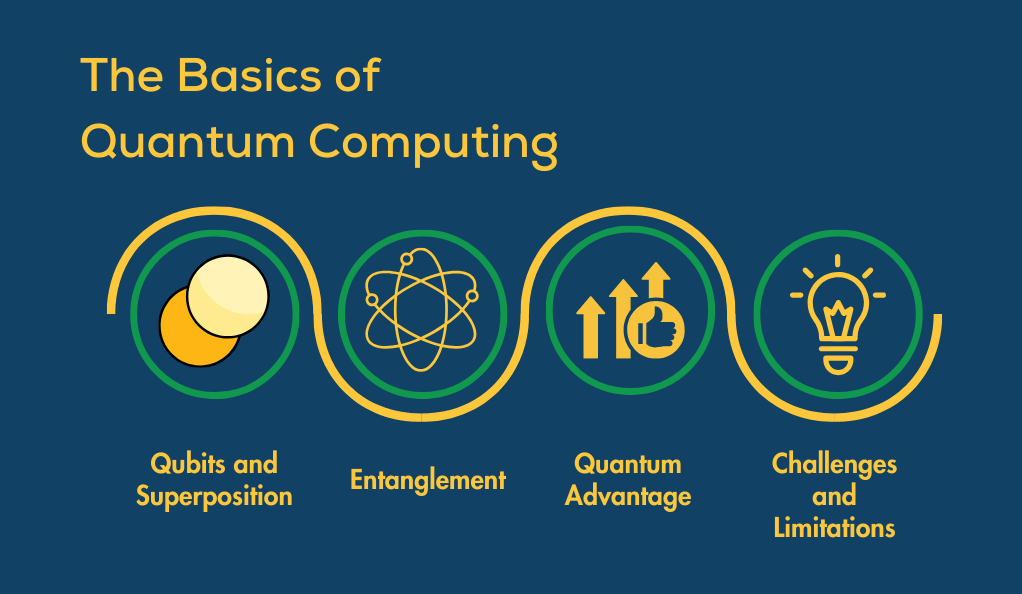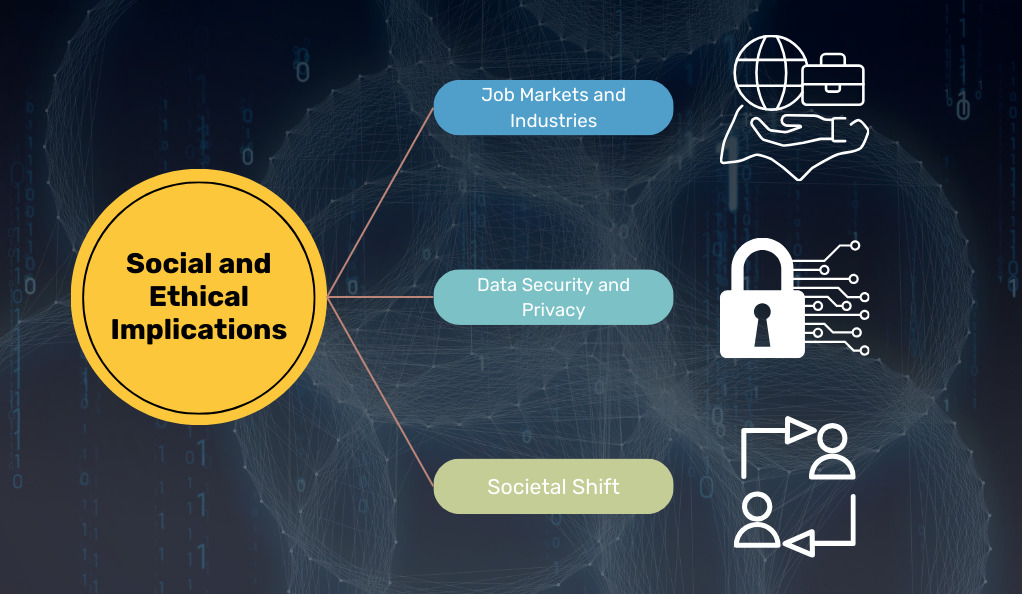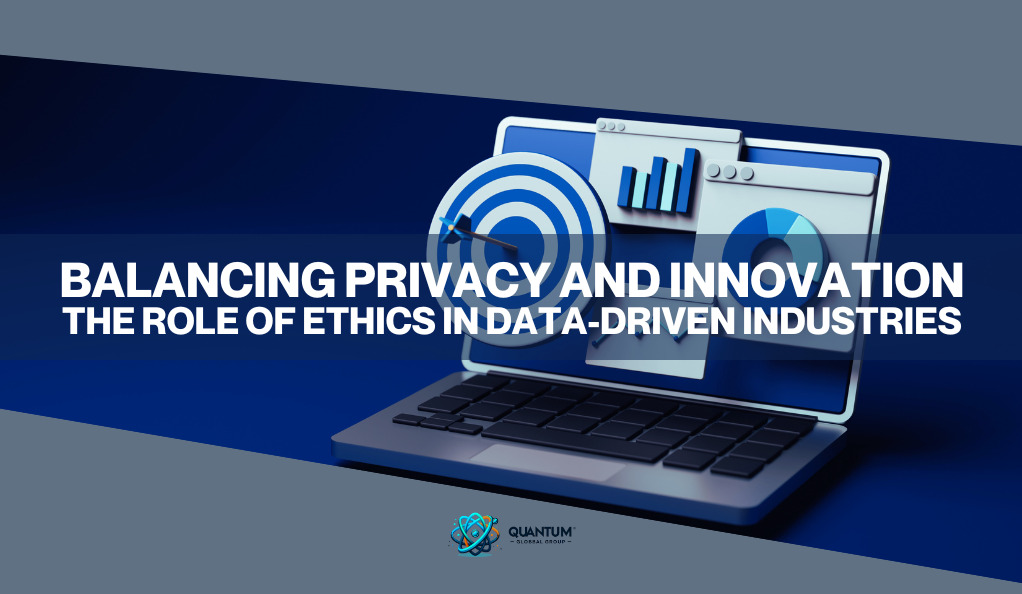The dawn of the 21st century has witnessed the rapid evolution of technology, with quantum computing emerging as one of the most groundbreaking developments. Often hailed as the “next big thing” in the world of computing, quantum computing promises to revolutionize the way we process information, solve complex problems, and approach various industries. But what exactly is quantum computing, and why is it garnering so much attention?
Quantum Computing: A Brief Overview
At its core, quantum computing is a type of computation that harnesses the principles of quantum mechanics, a fundamental theory in physics that describes the nature and behavior of matter and energy on the atomic and subatomic levels. Unlike classical computers, which use bits (0s and 1s) to process information, quantum computers use quantum bits, or qubits. These qubits can exist in a state of 0, 1, or both (known as superposition), allowing them to perform multiple calculations simultaneously.
The Rise of Quantum Computing in the Modern Era
The concept of quantum computing is not new. It dates back to the early 1980s when physicist Richard Feynman proposed the idea of a quantum simulator. However, it’s only in recent years that significant advancements have been made in this field, thanks to the combined efforts of researchers, scientists, and tech giants.
Several factors have contributed to the rise of quantum computing:
- Technological Advancements: The development of more stable qubits, error correction techniques, and quantum algorithms have paved the way for more reliable and scalable quantum computers.
- Increased Investment: Both public and private sectors have recognized the potential of quantum computing, leading to significant investments in research and development.
- Growing Demand: As industries become more data-driven, there’s a growing need for faster and more efficient computational methods. Quantum computing, with its promise of exponential speedup, offers a solution to this demand.
| Feature | Classical Computing | Quantum Computing |
|---|---|---|
| Basic Unit | Bit (0 or 1) | Qubit (0, 1, or both) |
| Processing | Sequential | Parallel (due to superposition) |
| Speed | Determined by processor’s clock rate | Exponential speedup for specific problems |
| Error Correction | Built-in (e.g., parity check) | Still under research; uses quantum error correction codes |
The Basics of Quantum Computing

Quantum computing represents a paradigm shift in the field of computation, leveraging the principles of quantum mechanics to perform operations at speeds unattainable by classical computers. At the heart of this technology are quantum bits, or qubits, which can exist in multiple states simultaneously thanks to the phenomenon of superposition.
Understanding Qubits and Superposition
In classical computing, information is processed using bits that exist in one of two states: 0 or 1. Qubits, however, can exist in a state of 0, 1, or both 0 and 1 at the same time. This ability to be in multiple states simultaneously is known as superposition. It allows quantum computers to perform many calculations at once, providing a potential exponential speedup for certain types of problems.
Entanglement: A Quantum Phenomenon
Another key principle of quantum computing is entanglement, a quantum phenomenon where qubits become interconnected and the state of one qubit can depend on the state of another, no matter how far apart they are. This interconnectedness allows for faster and more efficient information transfer, but it also makes quantum systems more delicate and prone to errors.
The Quantum Advantage
The combination of superposition and entanglement gives quantum computers a significant advantage over classical computers for specific tasks. Problems that would take classical computers millennia to solve could potentially be solved by quantum computers in a matter of seconds. This includes tasks such as factoring large numbers, simulating quantum physical processes, and optimizing large systems.
Challenges and Limitations
Despite their potential, quantum computers are not without their challenges. They are incredibly sensitive to their environment, and even the slightest disturbance can cause errors. Additionally, building and maintaining a quantum computer requires extremely low temperatures and precise control of qubits, making them expensive and complex to operate.
Quantum Computing in Cryptography
Cryptography, the practice of secure communication, stands at a crossroads with the advent of quantum computing. The very principles that give quantum computers their power also pose a significant threat to current cryptographic methods.
Breaking Current Encryption Methods
Most of today’s encryption techniques rely on the difficulty of certain mathematical problems, such as factoring large numbers, for their security. Quantum computers, with their ability to perform complex calculations at unprecedented speeds, have the potential to break these encryption schemes. Shor’s algorithm, for example, is a quantum algorithm that can factor large numbers exponentially faster than the best-known algorithms running on a classical computer.
The Rise of Post-Quantum Cryptography
In anticipation of the quantum threat, researchers and cryptographers are developing new encryption methods that are believed to be secure against quantum attacks. This field, known as post-quantum cryptography, aims to create cryptographic protocols that are secure against both classical and quantum computers.
Ensuring Data Security in a Quantum Era
The transition to post-quantum cryptography is a monumental task. It requires not only developing new encryption methods but also ensuring that these methods are implemented across various systems and networks. This transition is crucial to safeguard sensitive data and maintain privacy and security in a world where quantum computers are prevalent.
Classical Cryptography
- Security Basis: Relies on complex mathematical problems like factoring large numbers.
- Vulnerability: Vulnerable to quantum attacks.
- Implementation: Widely used but susceptible to quantum threats.
Quantum Cryptography
Security Basis: Derives security from quantum principles, especially quantum key distribution.
Vulnerability: Resistant to quantum attacks but has limited implementation due to technological constraints.
Post-Quantum Cryptography
Post-quantum cryptography is designed to be secure against quantum attacks and all types of threats. However, it is still in development and needs broad adoption to become a practical cryptographic solution.
Quantum Computing in Business and Management
The integration of quantum computing into business and management practices promises to bring about a transformative shift, enhancing capabilities in data analytics, artificial intelligence, and optimization.
Enhancing Data Analytics and Artificial Intelligence
Quantum computers enhance data analytics and AI by processing complex datasets faster and with greater accuracy. This leads to better business decisions and quicker training of AI models, potentially advancing natural language processing, image recognition, and predictive analytics.
Optimization, Simulation, and Data Management
Quantum computers excel in solving complex optimization problems, from logistics to finance, more efficiently than classical computers. They also offer insights by simulating intricate systems like financial markets or molecular structures. In data management, quantum databases promise faster queries and more efficient storage solutions.
The Future of Business Strategies
As quantum computing technology continues to mature, it will become an integral part of business strategies, driving innovation and competitive advantage. Companies that are early adopters of quantum computing are likely to reap the benefits, staying ahead of the curve in their respective industries. However, this also means that businesses need to start preparing now, investing in quantum research and development, and building quantum literacy within their organizations.
Quantum Computing in Scientific Research
The field of scientific research stands on the brink of a new era, with quantum computing poised to unlock unprecedented possibilities. The unique capabilities of quantum computers allow for the simulation of complex quantum systems, leading to advancements in various scientific domains.
Simulating Quantum Physical Processes
Quantum computing excels in simulating complex quantum processes, a challenge for classical computers. It offers precision and efficiency, particularly valuable in fields like chemistry for discovering new materials and drugs through quantum-level simulations.
Advancements in Chemistry, Nanotechnology, and Physics
Quantum computing offers breakthroughs in chemistry by enhancing molecular insights, leading to improved catalysts, batteries, and tailored materials. In nanotechnology, it simulates nanoscale systems for efficient device and material design. In physics, quantum computers explore fundamental quantum phenomena, advancing our understanding of the universe’s building blocks.
The Potential to Revolutionize Scientific Discoveries
The impact of quantum computing on scientific research is expected to be profound, with the potential to accelerate discoveries and solve problems that are currently intractable. However, realizing this potential requires overcoming significant technical challenges, including improving the stability and scalability of quantum computers.
| Field | Classical Computing | Quantum Computing | Potential Impact |
|---|---|---|---|
| Chemistry | Limited by computational resources for accurate simulations | Natural representation of quantum states for simulations | Discovery of new materials and drugs |
| Nanotechnology | Challenges in simulating nanoscale systems | Efficient simulation of nanoscale phenomena | Development of advanced nanodevices and materials |
| Physics | Limited ability to explore quantum phenomena | Direct exploration and simulation of quantum systems | Deeper understanding of the universe |
Social and Ethical Implications

The advent of quantum computing brings with it not just technological advancements, but also a host of social and ethical considerations. As this powerful new form of computation becomes more prevalent, it is imperative to reflect on its potential impact on society and the ethical dimensions of its applications.
Impact on Job Markets and Industries
The adoption of quantum computing in industries will alter job markets. Routine tasks may become automated, displacing some workers, but new opportunities in quantum-related fields will arise. Preparing the workforce through education is vital for success in this quantum-empowered future.
Ethical Considerations in Data Security and Privacy
The potential of quantum computers to break current encryption methods raises serious concerns about data security and privacy. It is essential to transition to post-quantum cryptographic methods to protect sensitive information. Furthermore, the use of quantum computing in surveillance and data analysis could lead to invasions of privacy if not properly regulated. Establishing ethical guidelines and robust legal frameworks is vital to ensure that the power of quantum computing is used responsibly and does not infringe on individual rights.
Societal Shift Towards a Quantum Era
Accessible quantum computing can level the computational playing field, benefiting smaller entities. However, there’s a risk of a digital divide favoring privileged groups, widening existing inequalities. Bridging this gap for equitable quantum technology access is a crucial societal challenge.
The Future of Quantum Computing
As we look ahead, the future of quantum computing appears both promising and challenging. Ongoing research and development are crucial for overcoming existing limitations and unlocking the full potential of this transformative technology.
Ongoing Research and Developments
Researchers and scientists around the world are actively working to address the technical challenges associated with quantum computing. This includes improving the stability and coherence of qubits, developing error correction methods, and creating scalable quantum systems. As these challenges are overcome, we can expect to see more practical and widespread applications of quantum computing across various industries.
Potential Challenges and Obstacles
Despite the progress being made, there are significant obstacles that need to be addressed. Quantum computers require extremely low temperatures to operate, and the qubits are highly susceptible to interference from their environment, leading to errors. Additionally, developing algorithms that can fully leverage the power of quantum computing is a complex task. Addressing these challenges is essential for the successful integration of quantum computing into mainstream computing and industry applications.
The Long-Term Vision for Quantum Computing in Society
The long-term vision for quantum computing is one of integration and transformation. Quantum computers are not expected to replace classical computers, but rather to complement them, tackling problems that are currently beyond reach. As quantum computing becomes more accessible and integrated into various sectors, it has the potential to drive innovation, solve complex problems, and contribute to the advancement of humanity.
Conclusion
Quantum computing stands at the forefront of technological innovation, poised to redefine the landscape of computation and its applications across various industries. From cryptography and business to scientific research and societal structures, the implications of this revolutionary technology are vast and multifaceted. As we embrace the quantum era, it is imperative to navigate the associated challenges and ethical considerations, ensuring that the integration of quantum computing into society is responsible, equitable, and beneficial.
The journey of quantum computing is still in its early stages, yet the potential it holds is undeniably transformative. By continuing to invest in research, development, and education, and by addressing the social and ethical implications head-on, we can unlock the full potential of quantum computing. In doing so, we pave the way for a future where quantum-enhanced capabilities drive innovation, solve complex problems, and contribute to the advancement of humanity across multiple dimensions.




